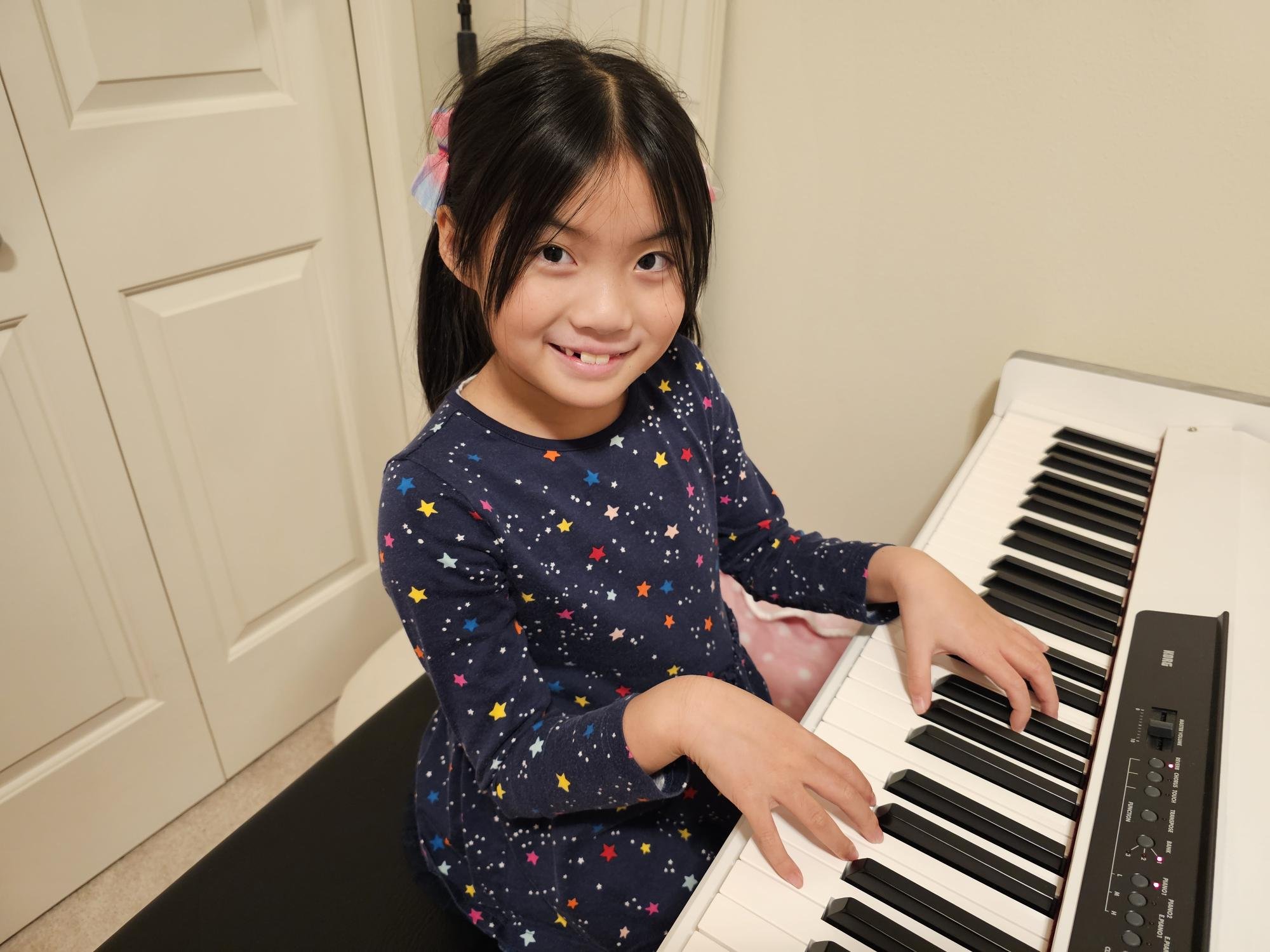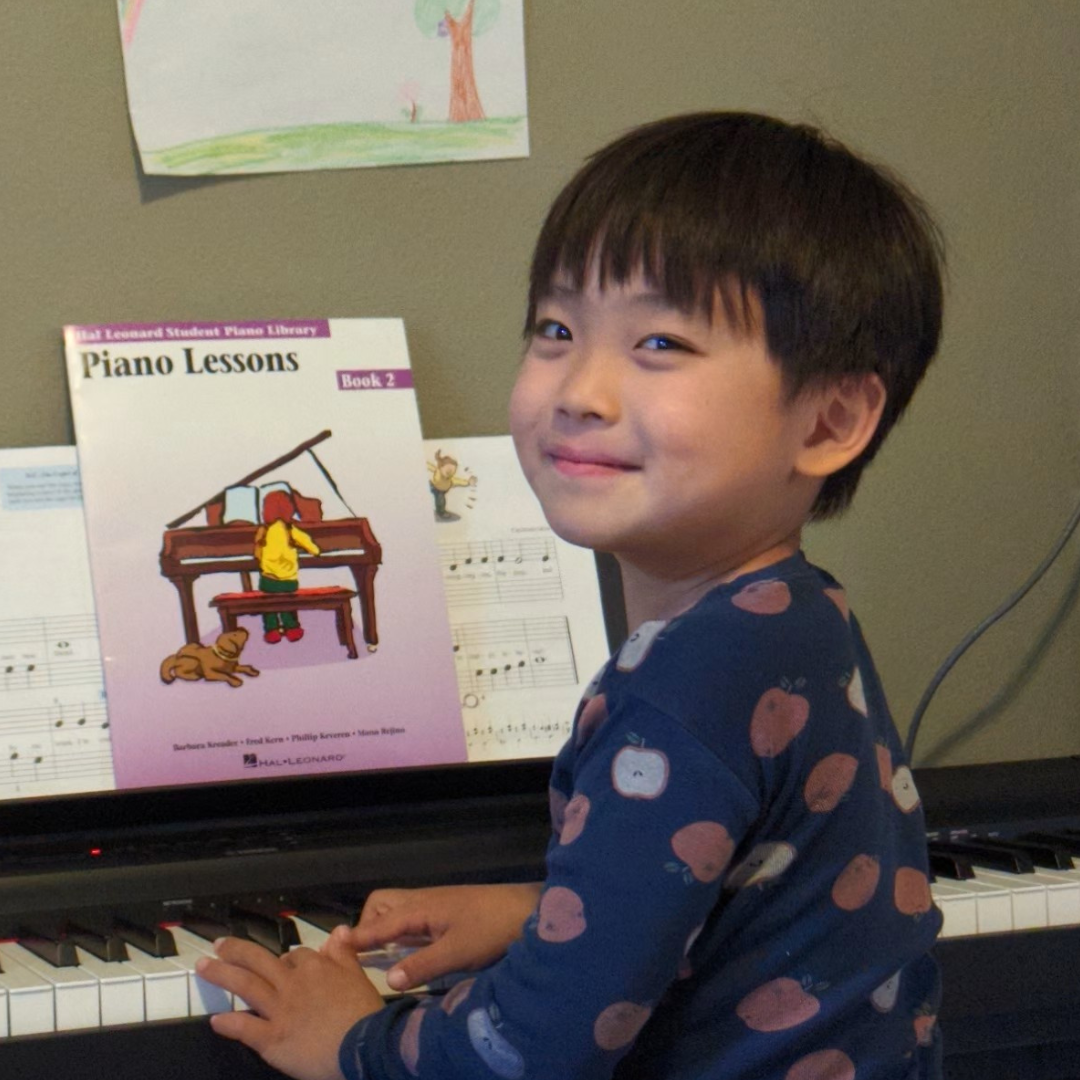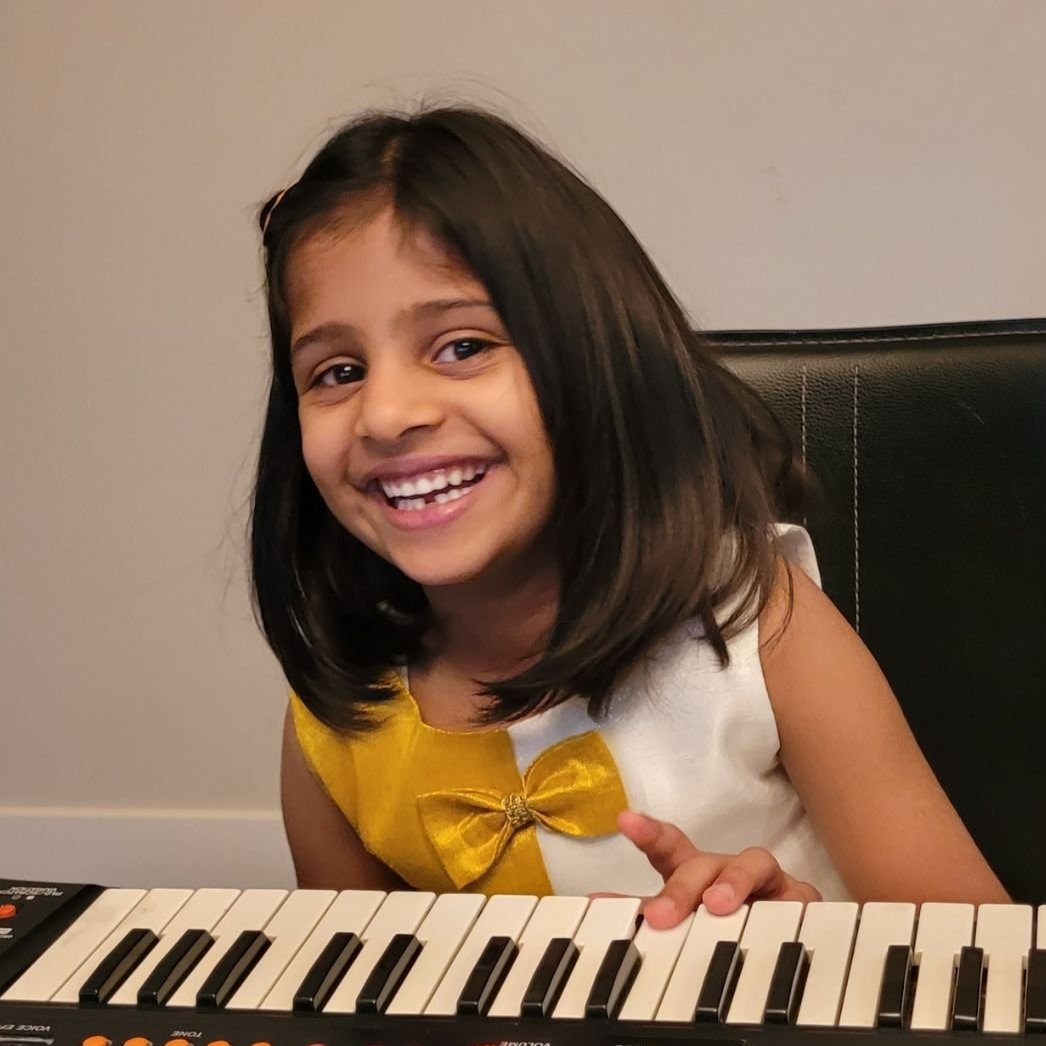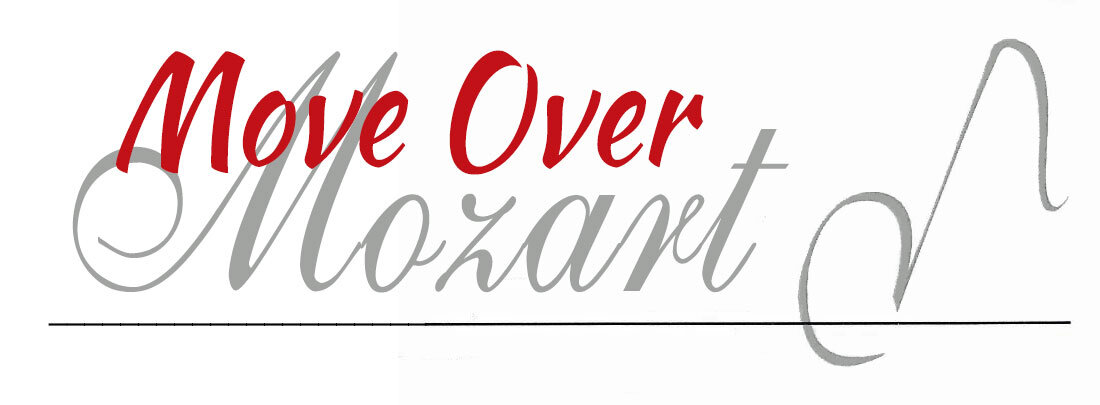




Mozart’s Memos
Want an article about something specific? Now you can search with keywords. Try, “practice technique,” “piano purchase,” or “piano tuner” to get specific articles about a topic.

Introducing Ms. Claire Wang, Piano Teacher With Move Over Mozart - Mozart’s Monthly Memo - Volume 44
This Memo includes
Feature Article - Introducing Mrs. Claire Wang, Piano Teacher With Move Over Mozart
Student Hall of Fame
Practice Tip
Parents Ask Pam - Do you still use the practice app and all the practice incentives that come with it for private lessons?
Feature Article - Introducing Mrs. Claire Wang, Piano Teacher With Move Over Mozart
By Pamela Cornell, Director
Mrs. Claire Wang has been teaching with Move Over Mozart since January, 2024. She recently created this video to help us get to know her a bit better. If you would like to find out more about learning from Mrs. Claire, schedule your free, online, piano demo to get started.

Supporting Your Child's Piano Journey: Tips for Parents - Mozart’s Monthly Memo - Volume 43
This Memo includes
Feature Article - Supporting Your Child's Piano Journey: Tips for Parents
Student Hall of Fame
Practice Tip
Parents Ask Pam - Does my child have to use your practice app, Practice Space, while practicing? They don’t have their own phone and it is inconvenient to use mine.
Feature Article - Supporting Your Child's Piano Journey: Tips for Parents
You see an ad for piano lessons designed for children. You already know that music training is an important aspect of a well-rounded education. Not only does it teach musical skills, but it also enhances analytical thinking and creativity. However, you remember the struggles you had as a child. You wanted to learn to play, but you hated practicing. You don't want to relive that experience, and you certainly don't want to impose it on your child. Is there a better way? Could there be a piano program that motivates children without pressure from parents?

Crescendo Kids: Your Child's First Step to Piano Mastery!- Mozart’s Monthly Memo-Volume 42
Crescendo Kids: Your Child's First Step to Piano Mastery!- Mozart’s Monthly Memo-Volume 42
June 5, 2024
This Memo includes
Feature Article - Crescendo Kids: Your Child's First Step to Piano Mastery!
Student Hall of Fame
Practice Tip -
Parents Ask Pam - We are taking a break for the Summer. Will we still have access to the practice app? Will my kids lose their points and gems?
Feature Article - Crescendo Kids: Your Child's First Step to Piano Mastery!
Are your kids eager to start playing the piano but not quite ready for traditional private lessons? Our new and improved Crescendo Kids Online piano program is the perfect solution! Designed as a bridge for young learners, this program prepares children for a lifetime of musical enjoyment.
Why Crescendo Kids?
Age-Appropriate Learning: Traditional lessons involve 30-minute, one-on-one sessions where students spend 2-3 hours a week practicing on their own. While this is great for older children, it can be overwhelming for younger kids. Our program caters to the developmental stages of children as young as 3.5 years old.
Proven Success: With over 30 years of experience, . . .

The Importance Of Curving Your Fingers When Playing The Piano- Mozart’s Monthly Memo-Volume 41
The Importance Of Curving Your Fingers When Playing The Piano -
Mozart’s Monthly Memo - Volume 41
This Memo includes
Feature Article - The Importance Of Curving Your Fingers When Playing The Piano
Student Hall of Fame
Practice Tip - Playing with Curly Fingers (video included)
Spring Recital dates
Parents Ask Pam - Do you have a recommendation of which keyboard to purchase for a young child?
Feature Article - The Importance Of Curving Your Fingers When Playing The Piano
You have probably heard your piano teacher ask you or your child to curve their fingers as they play, but why is this important? Proper finger positioning is not just about aesthetics; it plays a crucial role in producing beautiful music and preventing injury.
Why Curvy Fingers Are Important
Each key on the piano has over 35 moving parts. How you strike the key with strength, momentum and energy changes the quality of the sound. But this takes experience and training . . .

